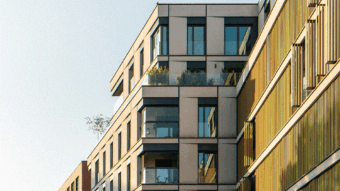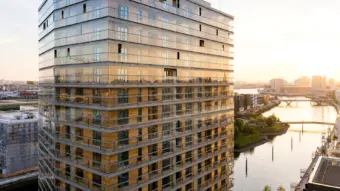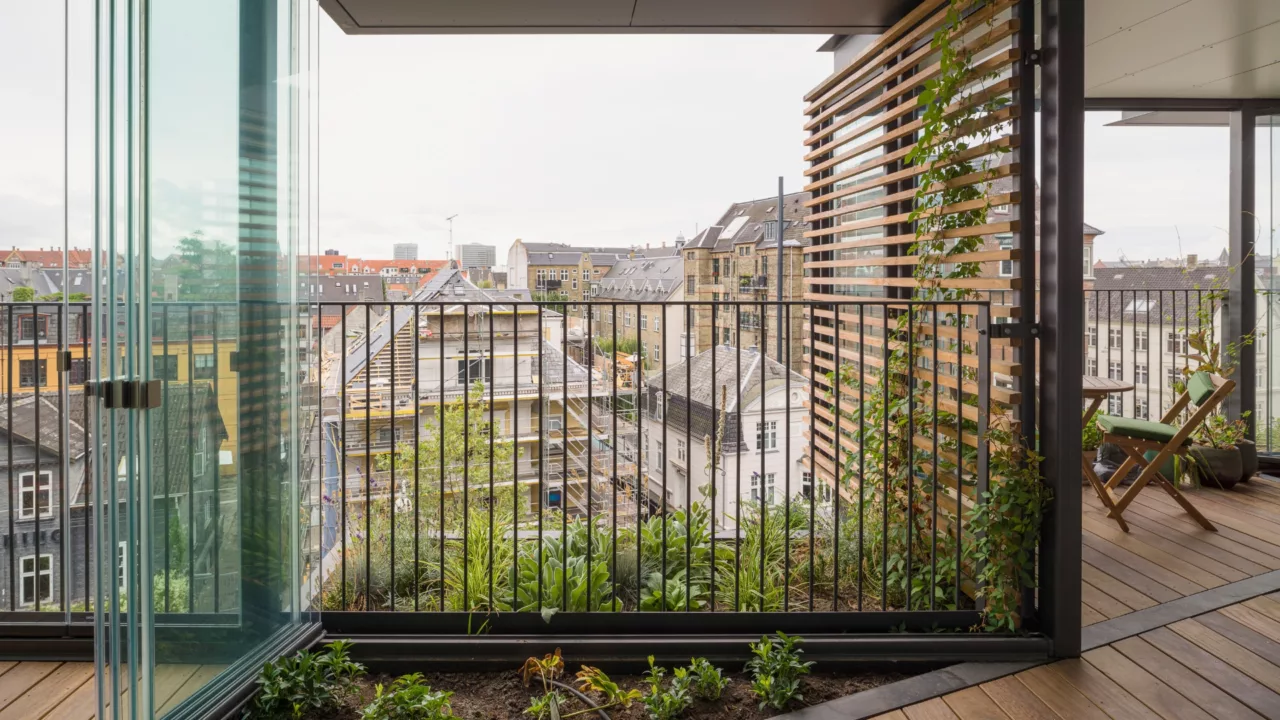
Urban gardening on glazed balconies: Transforming city living spaces
Urban gardening has become a revolutionary solution for those living in densely populated cities, providing a refreshing contrast to the concrete jungle. The practice of cultivating plants, fruits, herbs, and vegetables in urban areas, such as on apartment balconies or rooftops, has grown in popularity in the past years. As of 2023, approximately 75% of Europe’s population lives in cities or urban areas. This trend has been steadily increasing due to urbanization, driven by factors such as economic opportunities, better infrastructure, and access to services in urban centers. Some countries, particularly in Western and Northern Europe, have even higher urbanization rates, with urban populations exceeding 80-85%. As urbanization surges, urban agriculture is reshaping city landscapes and changing how we think about sustainability, food production, and green spaces.
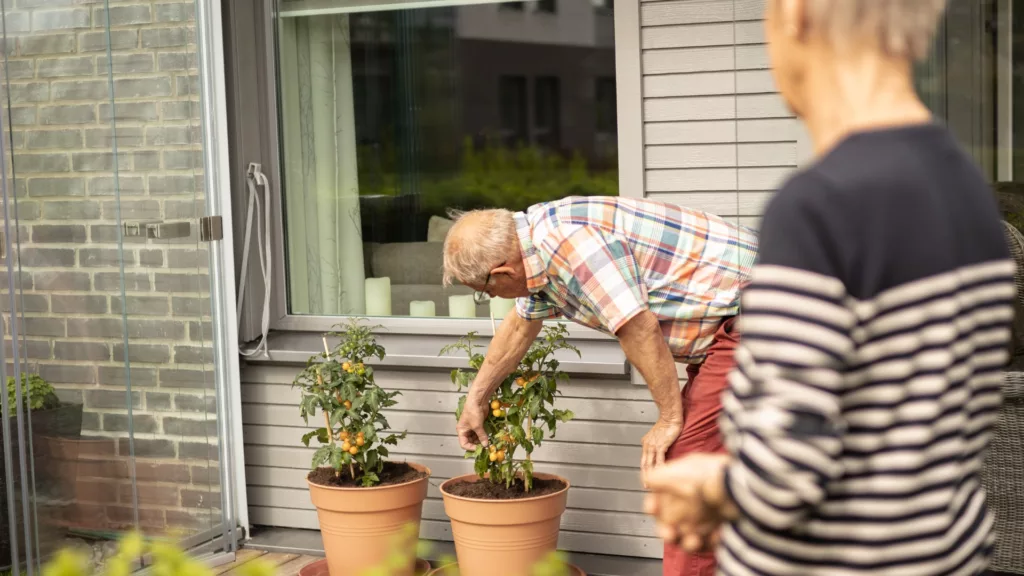
Golden opportunity to transform compact spaces into thriving urban gardens
For many city dwellers, the prospect of owning a large garden or patio space is out of reach. With limited outdoor areas, particularly in apartment living, balconies present a golden opportunity to transform compact spaces into thriving urban gardens. Balcony gardening, a subset of urban agriculture, has surged in popularity, offering an innovative way for people to grow their food, nurture plants, and beautify their living environments.
Urban gardening is not only about the aesthetic appeal; it plays a vital role in fostering local biodiversity and reducing carbon footprints. In many cities, this movement is integrated into municipal sustainable town planning, with urban vegetable gardens popping up across neighborhoods, encouraging more residents to participate in greening their environments. By planting herbs, vegetables, and flowers in containers, or vertical gardens, city residents are empowered to grow fresh, organic produce within their living space. This practice not only provides access to healthy food but also helps reduce the reliance on long-distance transportation, which contributes to carbon emissions.
Glazed balconies: A game changer for urban gardening
One of the most exciting developments in urban gardening is the incorporation of glazed balconies, which can create a greenhouse-like environment. Glazing, or enclosing a balcony with glass panels, can significantly expand the range of plants that city dwellers can cultivate. The microclimate created by glazed balconies allows for the growth of more tender plants, such as palms and succulents, which would otherwise struggle to thrive in cooler or harsher outdoor conditions.
By enhancing the greenhouse effect, glazed balconies help regulate temperature and humidity, offering ideal conditions for growing delicate herbs, fruits, and ornamental plants throughout the year. This feature is especially beneficial in urban environments, where being surrounded by other buildings naturally creates a sheltered microclimate, making it easier to control and extend the growing season for a wide variety of plants.
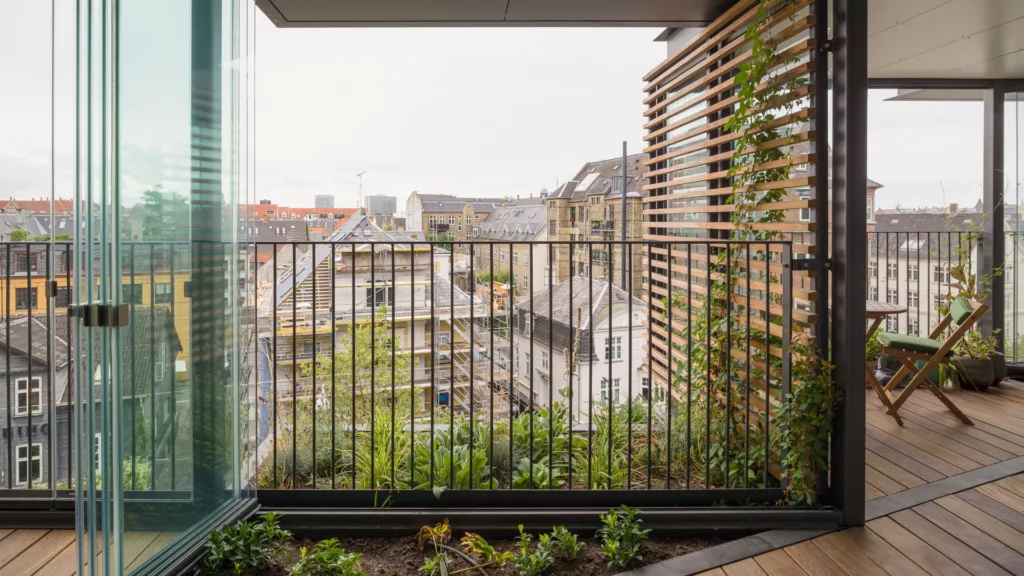
Benefits beyond greenery
The benefits of urban gardening, particularly in glazed balcony settings, extend beyond just growing plants. It’s a lifestyle shift that helps foster well-being, mindfulness, and a connection to nature, even in the heart of a bustling metropolis. The act of tending to plants can be meditative and stress-relieving, offering an escape from the fast pace of city life. Furthermore, a well-planted balcony or rooftop garden can enhance the aesthetics of urban spaces, transforming drab areas into vibrant oases that contribute to the beauty and livability of the cityscape.
By embracing balcony gardening, urban residents can reduce food miles, promote healthier eating, and contribute to sustainable urban development. As cities become denser and green spaces more limited, these small-scale gardening operations are not just a personal pleasure but a collective effort toward fostering more sustainable, eco-friendly urban environments.
Conclusion
Urban gardening, and in particular, balcony gardening, is redefining city living. For the millions of people living in urban areas without access to large gardens or green spaces, glazed balconies offer the perfect solution to enjoy gardening, grow fresh produce, and contribute to a more sustainable future. This blend of innovation and sustainability enables city dwellers to cultivate their green thumb while reducing their carbon footprint—making urban gardening a valuable asset in the ongoing effort to create greener, more livable cities. Whether you’re growing herbs, succulents, or palms, glazed balconies allow you to transform your small urban space into a lush, productive sanctuary.
Read other recent news
-
[NEWS] Lumon publishes Annual Review: Strengthening the foundation for the future
Read more…Lumon Group has published its Annual Review 2024, showcasing a year marked by resilience, strategic investments, and a strong commitment to sustainability.
-
[NEWS] Glazed balconies on the rise in Poland: Lumon strengthens presence with standout residential projects
Read more…Balcony glazing is fast becoming a hallmark of modern Polish residential architecture. Two years after establishing its subsidiary in Poland, Lumon – a global leader in frameless balcony glazing solutions – has successfully completed several high-profile residential projects, transforming urban living in cities like Warsaw, Łódź, and Pruszków.
-
Wooden buildings and glazed balconies: A perfect blend of design and sustainability
Read more…The architectural landscape is evolving, with sustainability and innovative design at the forefront. Wooden buildings, coupled with glazed balconies, offer a unique blend of natural materials and modern aesthetics. For the construction industry, this combination presents an exciting opportunity to create stylish, energy-efficient spaces that meet the growing demand for sustainable building solutions.

